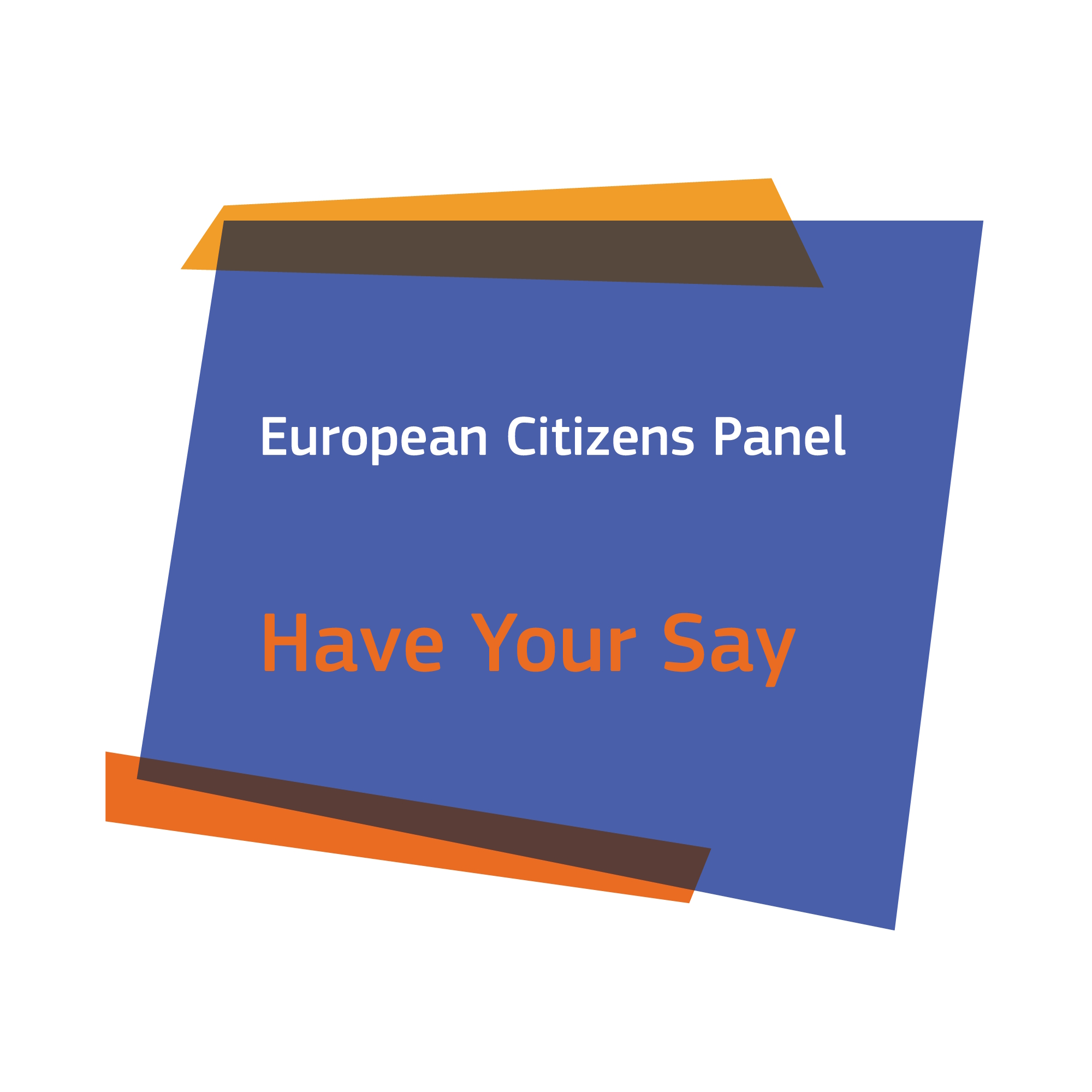New generation of Citizen Panels ends: The citizens’ contribution to European policy making
The Conference on the Future of Europe was a pivotal moment that showcased the power of participatory and deliberative democracy. It also provided an opportunity to experiment some significant democratic innovations, including the Multilingual Digital Platform, the Citizens' Panels, and the Plenary. The Citizens' Panels were particularly important since they brought together 800 randomly selected citizens from across the EU and proved that citizens could successfully deliberate at a pan-European level.
Following this success, in a Communication published in June 2022 (“Putting Vision into Concrete Action”), the Commission committed to embedding participatory and deliberative processes in key moments and areas of its policymaking. As a result, DG COMM was tasked with organizing three Citizens' Panels of this 'new generation' that were more policy-focused. These panels were linked to upcoming proposals in three areas: food waste, virtual worlds, and learning mobility.
The outcome of each panel is a list of recommendations resulting from citizens' deliberations. For instance, the Panel on Virtual Worlds put forward 23 recommendations to shape the human-centric virtual worlds the European Citizens want. Citizens recommended actions, among others, to ensure safety and security with user-friendly data consent forms; digital literacy of citizens; the use of green energy in the development process and better insights on the impact of virtual worlds on health. The work carried out by citizens has fed into the EU’s initiative related to Web 4.0 and virtual worlds adopted on 11 July by the Commission. You can also read the Citizens’ Report, a new type of document annexed to the policy proposal, here.
For more information on the Citizens’ Panels on Food Waste and Learning Mobility please check the website: https://citizens.ec.europa.eu/index_en.
Overall, the panels have been a success and have proven that citizens' recommendations can bring a different point of view and contribute to enriching European policy initiatives. The Commission is now considering what other upcoming policy initiatives could benefit from such a process and is committed to embedding participatory and deliberative processes in key moments and areas of its policymaking, making the European Citizens' Panels a regular feature of our democratic life.
- European Citizens’ Panel on Food Waste - Final recommendations
- European Citizens’ Panel on Virtual Worlds - Final recommendations
- European Citizens’ Panel on Learning Mobility - Final recommendations

